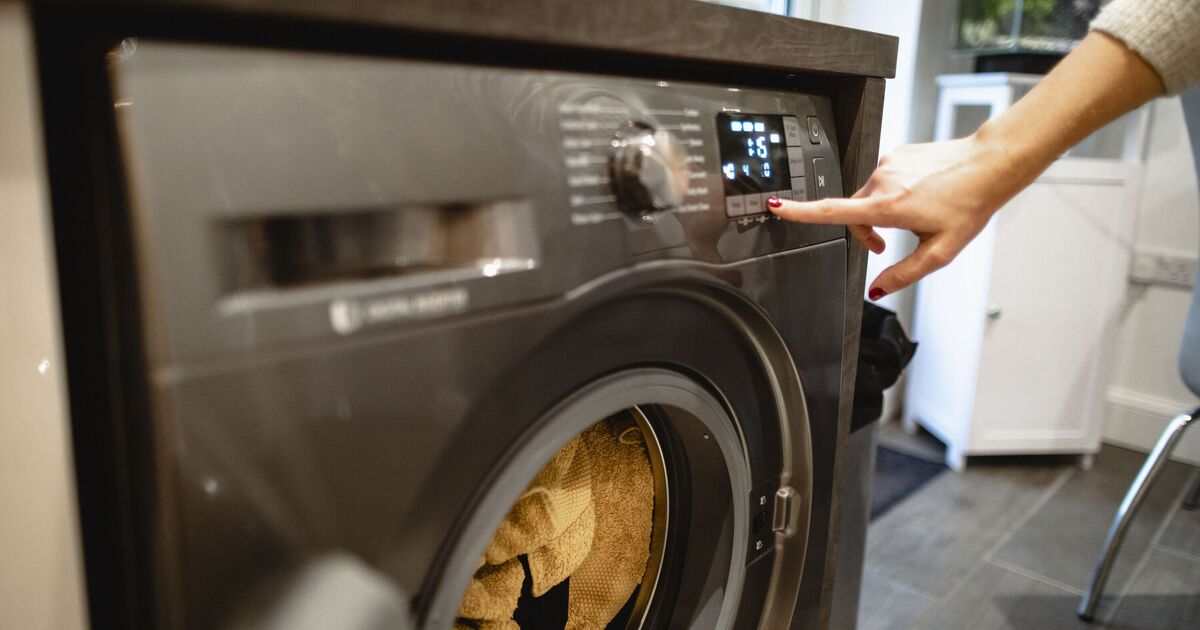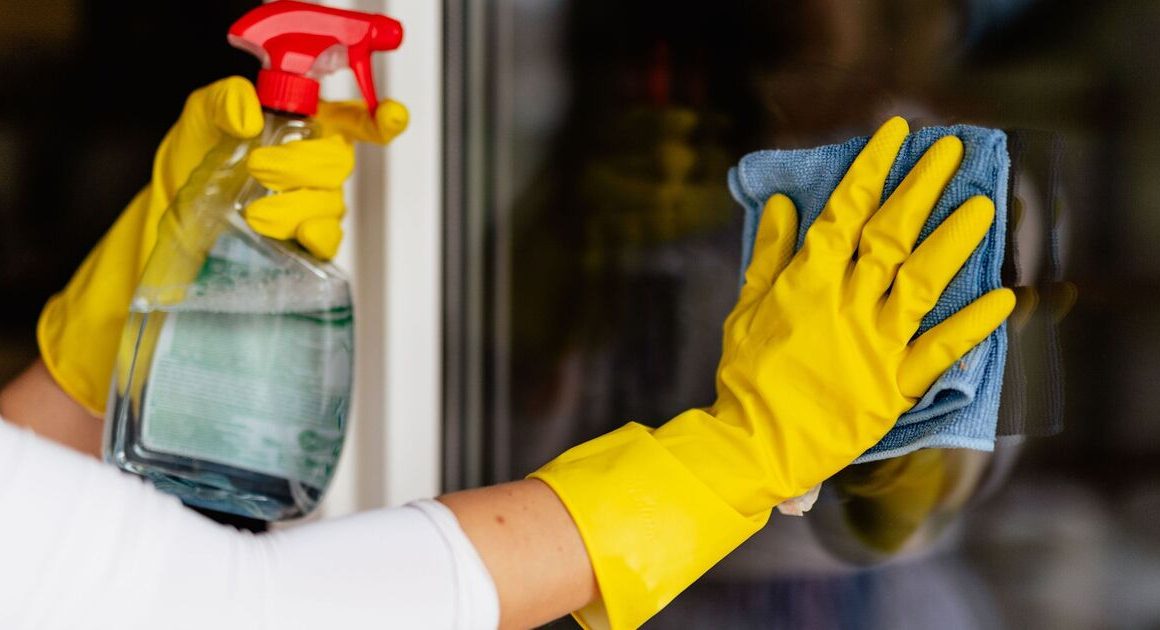Energy bills are something households are struggling with this winter, with many not able to afford to keep warm.
One area you can cut down on your energy bills is through your laundry.
Les Roberts at Bionic said: “One way to cut down on costs when using a washing machine is to check the efficiency of your device. The energy rating should be printed on the energy label of your washing machine device and will be ranked from G-A with A being the most efficient model.
“The more efficient models cut the KwH used per cycle significantly, so running costs will be much lower. Generally speaking, older machines tend to be less energy efficient, so it might be worth upgrading if you’ve had your washer for more than 10 years.”
The cost-effectiveness of using your machine at specific times of day depends on your tariff. According to the expert, this applies if you’re on a time-of-use or off-peak tariff.
Energy prices drop during periods when the grid faces less strain and demand is at its lowest. Les pointed out that this typically occurs between 10pm to 8am.
He further advised: “Costs can sometimes be 50 percent lower during these hours so it can definitely be worth doing your load overnight and taking advantage of these off-peak prices.”
David Palmer, LG’s Senior Product Specialist for Home Appliances, has shared some energy-saving tips when it comes to laundry: “Washing machines are more energy efficient when performing at lower temperatures for longer durations.”
He explained the significance of wash temperature on power consumption, stating: “The temperature you choose to wash your clothes at has an impact on your energy usage. If you choose to wash at 20 degrees or lower, you can minimise the amount of energy your washing machine consumes.”
Modern detergents are now designed to work effectively in colder water. Ariel, a leading detergent brand in the UK, advised that washing at cooler temperatures like 20 or 30 degrees not only preserves colour but also reduces shrinkage.
This approach is ideal for lightly soiled items such as seasonal clothing that just needs a refresh. However, for heavily stained clothes, towels, or bedding, a higher temperature wash is recommended to eliminate germs and tackle mould typically above 40C or even 60C.
For items with light soiling, Ariel suggests opting for a cooler wash. Palmer also highlighted a common mistake that impacts efficiency: “Overdosing with detergent can also affect your washing machine’s energy efficiency.”
He warned that using too much detergent can lead to more work for the appliance, poorer cleaning results, and might even damage clothes, necessitating replacements and negating potential savings.
Deyan Dimitrov of Laundryheap has debunked a widespread “common misconception” suggesting that extra-dirty clothes or bedding require more detergent.
The laundry guru warned that this practice might be “more harm than good”, particularly when it comes to your bed linens. He clarified: “Not only can too much detergent stain your sheets (especially if they’re white), but it can also wear down their fibres, eventually causing holes and tears.”
His top tip? Forget the laundry soap and try “half a cup of baking soda and vinegar to wash your bedsheets”.
David urged a more “economic” approach to laundry routines, which includes running full loads rather than multiple half-sized ones. Overloading the washer could result in clothes not being cleaned well and issues with the detergent pod dissolving.












